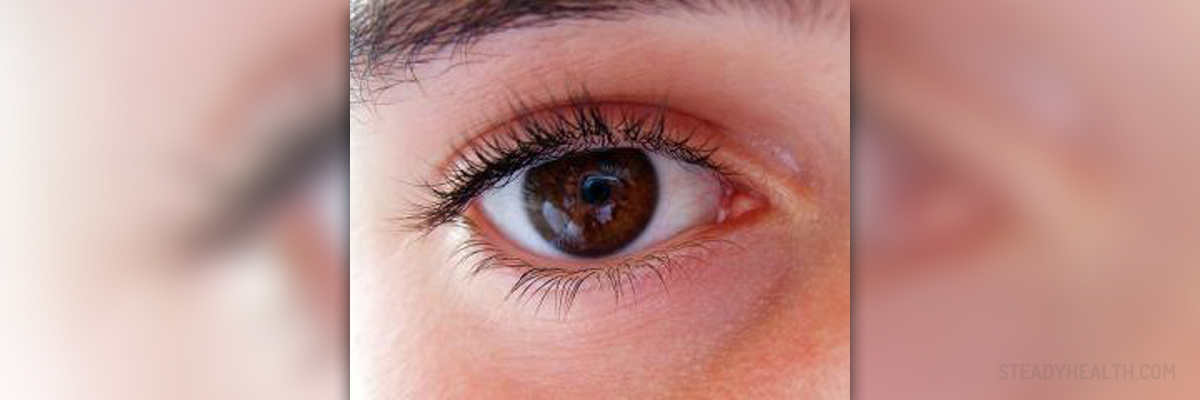
Lutein isone of the many carotenoids found in nature. There are over 600 carotenoids,and lutein belongs to the group known as beta carotenes or xanthophylls. This substanceis believed to be very good for the health of the eyes and can be found in manydifferent sources.
Green leafy vegetables, especially lettuce, spinach,cabbages, kale are very rich in lutein and also zucchinis, garden peas, Brusselssprouts and pistachios. Other sources of this important substance are also allorange and yellow fruits, including lemon, grapefruit and kiwifruit. Egg yolksand animal fat are also known to contain lutein.
How Does Lutein Works
Lutein is mainly found in the eyes, but can also be presentin other parts of the body. In the eyes, it is located in the retina,especially in the macula and in the lens of the eye. Since this carotenoid isan antioxidant it works by protecting the eye from the damage caused by freeradicals. Sun UV rays normally affect the human body and cause production offree radicals, which may significantly damage all body tissues and organs,including the eyes. These free radicals also affect human immune system,provoking degenerative diseases. If that happened in the eyes it can causemacular degeneration and loss of vision. Lutein is here helpful to increase thedensity of the macular pigment, strengthening the eye and protecting it fromthe harmful UV and blue light.
Cataract is usually caused by aging, and patients experienceclouding of their natural lenses, decreasing and blurring their vision. Strengtheningthe cells of the eye lenses, lutein is found useful in these patients, too.
Additionally, being so powerful antioxidant, lutein can curethe eye floaters. These are debris in the vitreous humor of the eyes thatmight cause restriction in the vision field and light flashes to the people experiencingthis condition.
Why is Lutein Important
Lutein is believed to be able to protect human eyes from somecommon and age-related diseases such as macular degeneration and cataract, butalso from some other eye problems. Scientists linked lutein and zeaxanthin deficiencieswith cataract and macular degeneration, and therefore recommend supplements ofthese substances to protect the eyes. Light sensitivity (or photophobia) patientsmight also experience benefits of lutein supplements, suggest some of therecent studies.
Lutein Dosage
Lutein can be found in lutein-fortified food (as theadditive, under the name E161b), as the supplement or in the forms of a sprayfor elderly patients. As the recommended dose, most advise taking 6mg (and upto 10mg per day) of lutein, which should be ideal dose for maintaining the healthof your eyes.




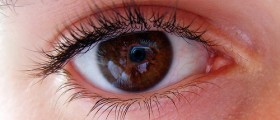
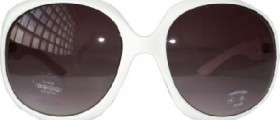
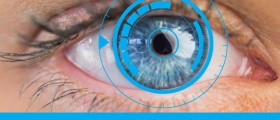
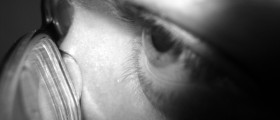

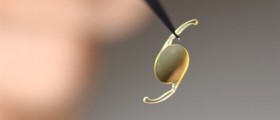





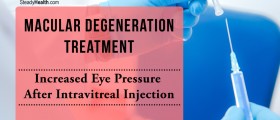

Your thoughts on this
Loading...